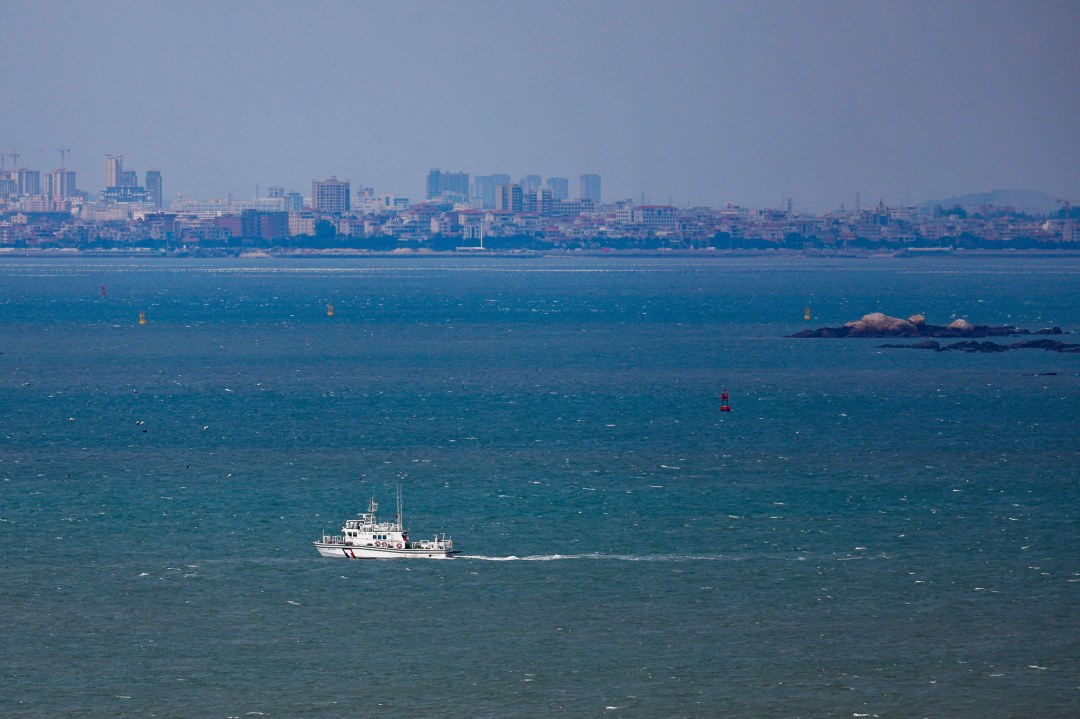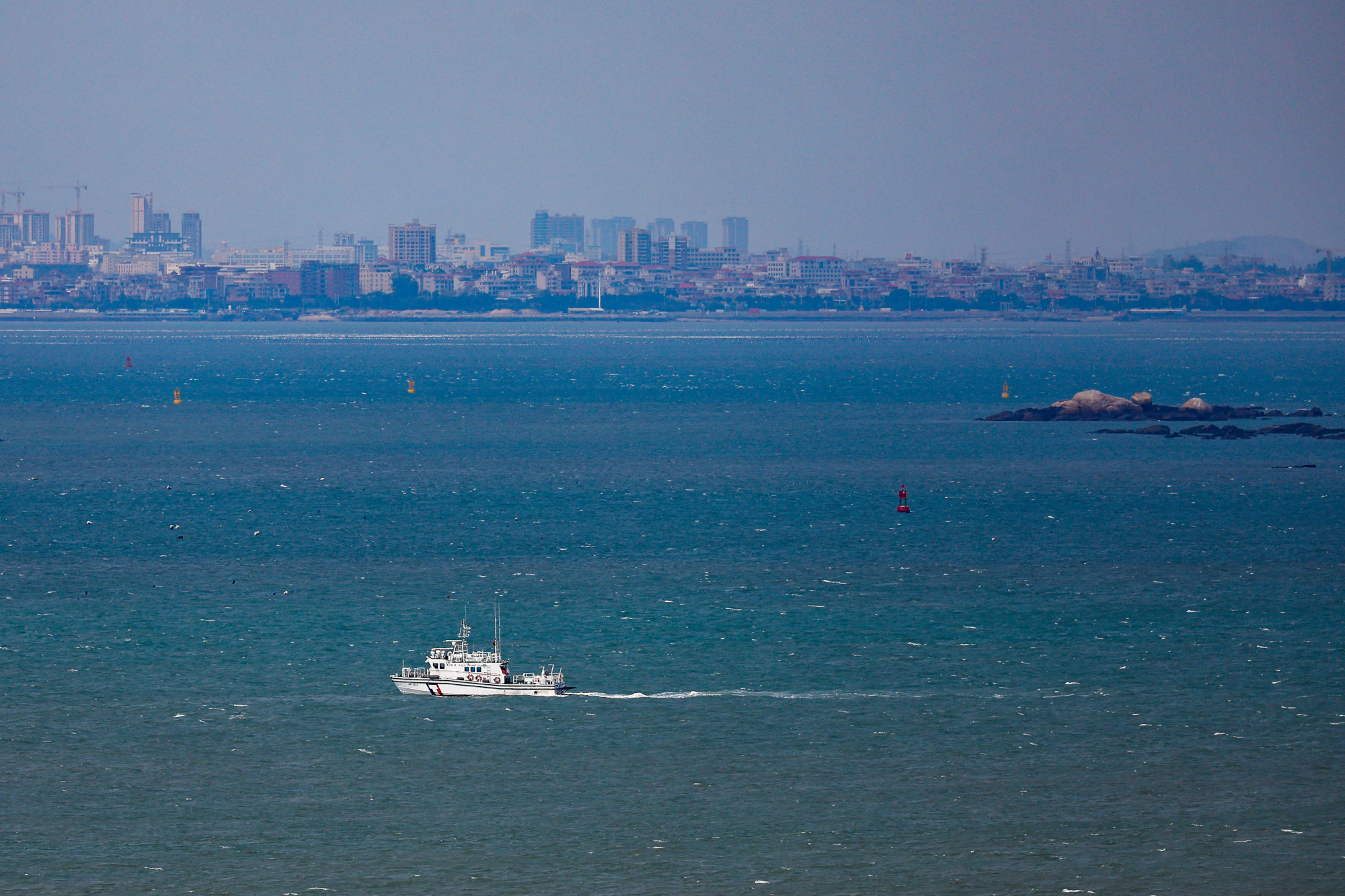It has only been a few months since Labour’s much-trailed ‘China audit’ – touted as the masterplan that would finally bring coherence to Britain’s China policy – yet once again the government’s China position looks as muddled as ever.
The latest furore is over Operation High Mast, Britain’s first carrier strike group deployment to the Far East under the Labour government. Defence Secretary John Healey wants HMS Richmond, a Royal Navy frigate, to conduct a transit of the Taiwan Strait – which separates China and Taiwan. It’s the sort of routine passage that Britain and its allies have long treated as normal. Foreign Secretary David Lammy, however, is said to be blocking the move, anxious not to ruffle feathers in Beijing. The decision now sits with the Prime Minister, who continues to dither. For Starmer the choice should be clear. Failure to sail the HMS Richmond through the Taiwan Strait would be a major surrender to Beijing.
We have been here before. Despite only a fraction of the Strait falling within China’s territorial waters, Beijing claims the right to police all traffic through the passage. When a British frigate last sailed through in 2021, Beijing raged about London’s ‘evil intentions’. When the patrol vessel HMS Spey did so more recently, China accused Britain of ‘causing trouble’ and ‘undermining peace’. To duck out now would be an admission that Beijing’s threats work – and that the Royal Navy takes its orders from junior apparatchiks in China’s foreign ministry.
Equally damaging is the signal that avoiding the Strait would send to Beijing: that Britain tacitly accepts China’s expansionist claims. Britain’s stance has always been clear – the Taiwan Strait is international waters, with freedom of navigation for all. This isn’t about goading Beijing it’s about protecting Britain’s prosperity. The Strait is one of the world’s vital shipping arteries, a choke-point between Asia and Europe. Chinese control of the Strait would be devastating for global free trade. Failing to uphold this position seems particularly strange for Starmer – for whom international law is supposedly sacrosanct – given how blatantly China’s claims flout maritime law.
Foreign Office mandarins attempting to block the passage will claim that the HMS Richmond’s passage would be seen by China as a provocation. Beijing will certainly say as much. But the alternative is far worse. In recent years Beijing has massively escalated its military pressure on Taiwan: fighter jets cross into its air space almost daily, shadowy vessels have repeatedly cut its undersea cables, and the island is the target of over half of the cyber-attacks in the region. Choosing to step back now sends all the wrong signals to Beijing, and will only encourage it to go further and faster – edging the world closer to a catastrophic Taiwan crisis.
Capitulation to Beijing would also seriously undermine Britain’s credibility in the region. Ever since the much-trumpeted ‘Indo-Pacific tilt’ of 2021, London has been at pains to demonstrate that it can still project influence in the region. Longstanding alliances with Australia, and a deepening security partnership with Japan, rest on Britain’s ability to stand firm in the face of Chinese threats. Allies would be right to question Britain’s commitment to the region if it collapses at the first whiff of diplomatic protest from Beijing. The carrier strike group, meant to reassure allies on Britain’s ability to flex its muscle in the region, may as well sail home now if it falls at the first hurdle.
Above all, conceding that China enjoys ‘special rights’ over the Taiwan Strait would not only betray Britain’s interests, but also disregard the wishes of Taiwan’s 23 million citizens. Even Beijing’s most zealous propagandists cannot deny that Taiwan has never been ruled by the People’s Republic of China, nor assented to the rule of the Chinese Communist party. Placing the Taiwan Strait within Chinese ‘sphere of influence’ is exactly the same kind of defeatist logic that justified Western inaction in the face of Russia’s invasion of Crimea in 2014 – with devastating consequences. Starmer must learn the lessons of history: peace is secured through strength, not surrender.








Comments